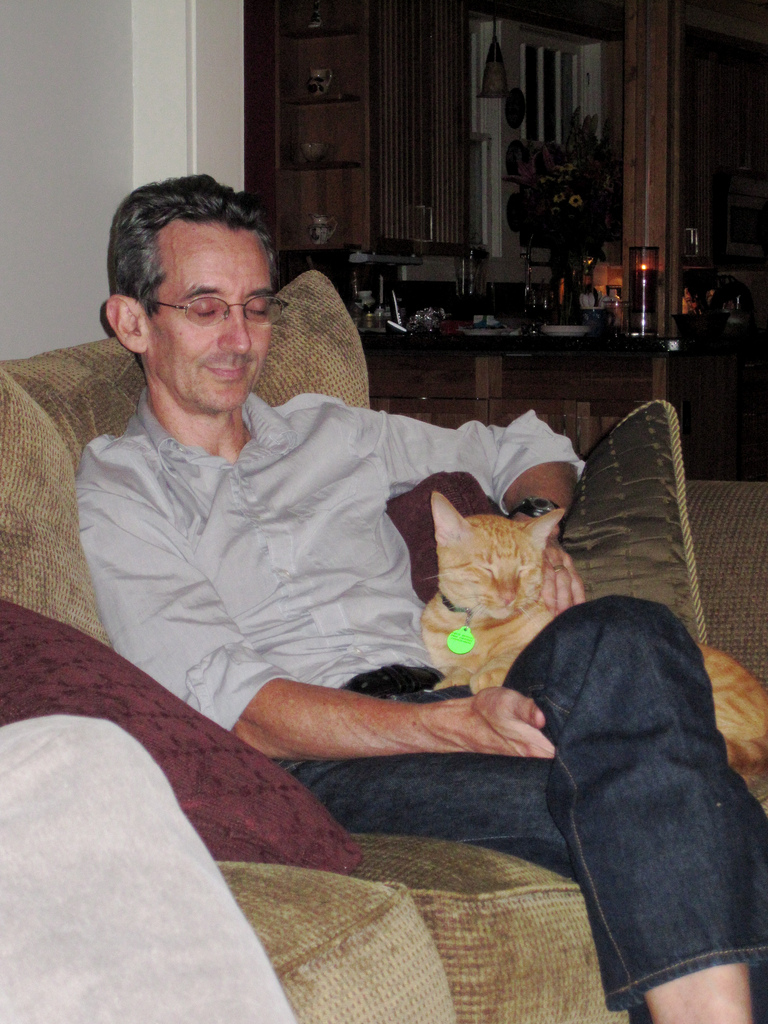
John Protevi, Phyllis M. Taylor Professor of French Studies and Professor of Philosophy at Louisiana State University, joins me for episode 56 of the Digital Dialogue, God and the Organism.
Although I have known John through our work together at the Society for Phenomenology and Existential Philosophy, the impetus for this episode of the Digital Dialogue was a series of comments we exchanged on the Art, Politics, Philosophy, Science blog to which John contributes. In response to a post by Mohan Matthen on Aristotle On Art and Nature:
http://www.newappsblog.com/2012/08/aristotle-on-art-and-nature-a-footnote-to-eric-on-posidonius.html
John asked a question about the passage in Aristotle’s Metaphysics in which Aristotle invokes the notion of eros to characterize the manner in which the prime mover moves: “it moves as something loved [eromenon].” In response, I tried to point to some of the arguments I articulated in my book, Aristotle on the Nature of Truth, about how the understanding of eros there awakes finite beings to their own lack. John suggested that these themes where taken up in chapter 3 of his book on Political Affect, particularly with regard to the gnomic claim made by Guattari and Deleuze in A Thousand Plateaus
that “the organism is the judgment of God.”
This is the first video episode of the Digital Dialogue. I embed it here below:
Digital Dialogue 56: God and the Organism from Christopher Long on Vimeo.


looking forward to this and the video is a nice addition, still a bit of the shock of the new to have aspects of conversations/connections in my head materialize in these ways thanks to your fine efforts.
it's truly my pleasure, a turning point away from the academy for me followed the initial pleasures of making connections in a paper (on the uncanny in Freud &Heidegger) that in second reading seemed stillborn, not because the ideas were wrong but because the connections in the text weren't really leaping off the page into the public sphere, but now in this e-age such connections can have more direct, and more fruitful, impacts by bringing people/thinkers into actual conversations, now how to widen the circle even more beyond the academy?
hopefully the coverage of this @newapps and the others who reblogged it will help some.